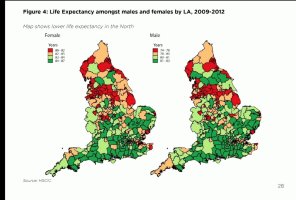elbows
Well-Known Member
Oops, there is actually a lot I want to quote, especially from Whitty. I'm having trouble chopping it down to keep it brief.There isnt a huge amount for me to quote from Whitty and Vallances evidence, so I will probably do that another day.
I'm afraid I wont be referring to transcript page numbers this time. And the quotes will be spread over quite a few posts. They are all from Thursdays transcript https://covid19.public-inquiry.uk/w...25/C-19-Inquiry-22-June-23-Module-1-Day-8.pdf
Whitty:
I think Dame Sally has raised the issue of, were we imaginative enough, were we radical enough in our thinking, for example, about prevention, I think it is quite difficult to be radical when you've got a very diffuse system, it's much easier to do that, actually, when you've got the whole system operating together. So the SAGE mechanism allowed for much faster decision-making and much more focused and, in my view, more radical thinking than occurred between emergencies.
You know, I think central to a lot of the debate that you've had over the last several weeks, and in the excellent written statements to the Inquiry, has been the point that we should have had a more imaginative approach to how we would respond to a major pandemic, whether it was influenza, something like influenza, or indeed something else. But this would require quite radical changes in the way people think. Now, I don't think the current committee system, which is excellent, is designed to inject radicalism of that size into the situation. It's very good at responding, it's very good at horizon scanning, in my view, relative to what is realistic. So I think that is potentially the big weakness in the system: how do you inject radicalism into the system, rather than how do you respond to expertise.
The question about should we move beyond the individual components of what were termed, in Covid, NPIs, non-pharmaceutical interventions, rather a clumsy term, essentially meaning social measures, many of which are long-standing, quarantine, individual isolation, closing schools, many of these go back to the Middle Ages or beyond, these are not new ideas. However, the very big new idea was the idea of a lockdown. This is often -- all the NPIs are sometimes called lockdown by some commentators, but I'm talking here very, very specifically about the state saying people have to go home and stay at home except under very limited circumstances.
Q: A very radical thing to do. Mandatory quarantine?
A: Mandatory. Really big thing. I would have thought it would be very surprising, without this being requested by a senior politician, or similar, that a scientific committee would venture, in between emergencies, into that kind of extraordinarily major social intervention, with huge economic and social ramifications. So that's my point, is that it is very difficult for the committees to go beyond a certain level unless they are asked to do so externally.
Last edited:


